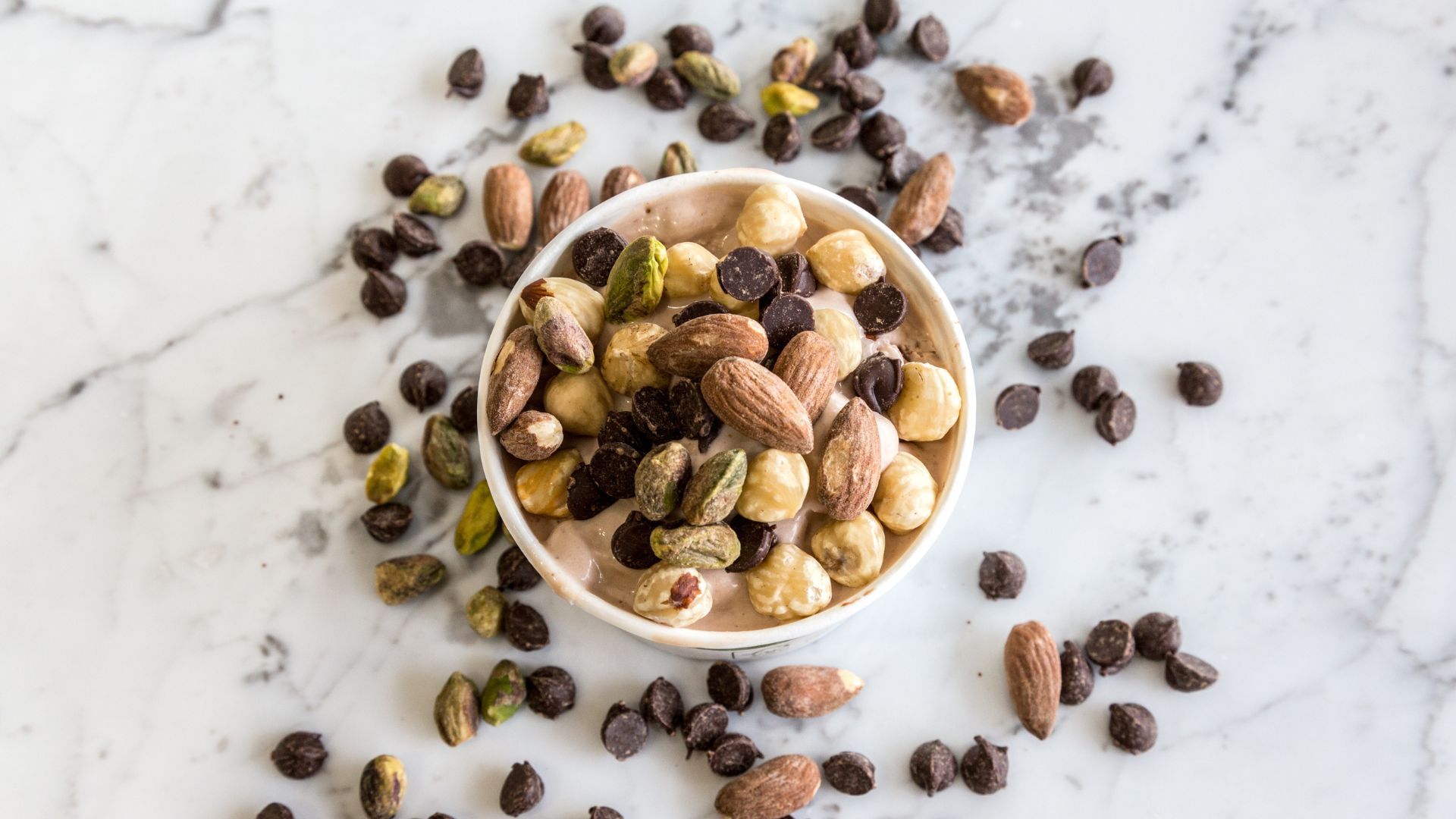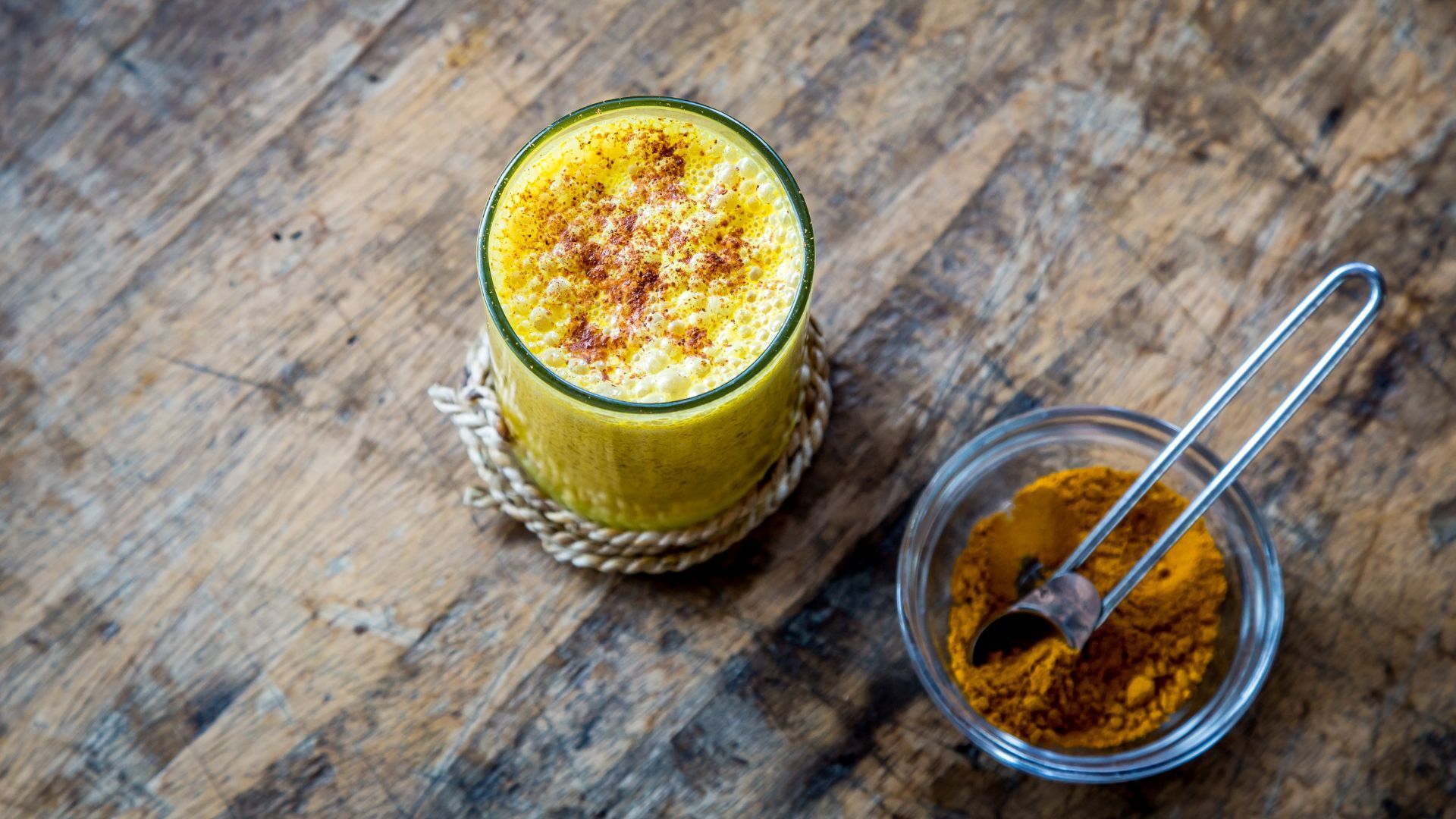Don’t we all want to know the recipe for a longer life with excellent physical and mental health? While many blame genetics when things go haywire, it’s pertinent to understand that lifestyle is the most crucial factor in improving life expectancy. Lifestyle is an amalgamation of our diet, sleeping patterns, physical activity, and mental health, among other things. Out of these factors, our eating patterns are fundamental. So, if you have yet to cultivate healthy eating habits, don’t worry. It’s never too late to adopt a longevity lifestyle.
in the book’The Blue Zones American Kitchen: 100 Recipes to Live to 100‘, American author Dan Buettner lists places (Blue Zones) whose populations have the highest rate of becoming centenarians. These include communities in Japan, Italy, Greece, Costa Rica and California. Buettner delved deep into the lifestyle patterns that leads to this longevity, concluding that whole grains, nuts, and beans are among their diet essentials.
So, what should you eat for a longer life? We’ve curated a list of the most popular food components to help you achieve that.
Healthy diet to attain longevity
Eat whole foods instead of processed foods
A whole-food diet is simply filling your plate with foods that aren’t processed at all (or minimally processed). It includes whole grains, fruits, and vegetables. Most of us consume items that are processed to a certain degree. Anything that is cooked, canned, frozen, packaged or preserved is considered ‘processed’.
A 2022 study published in the medical journal PLOS Medicine states that eating more legumes, whole grains and nuts, and less red and processed meat gives the highest gains in longevity and is hence crucial for a healthy diet.

Swap the meat
Multiple studies have shown that red meat consumption is directly linked to an increased risk of cancer and cardiovascular mortality. On the other hand, Harvard School of Public Health mentions that Japanese women and men eat smaller portions, more fermented foods, fewer sweets, and less red meat. This practice helps them lead longer lives, especially in comparison to their American counterparts.
It’s okay to consume red meat occasionally, as an appetizer, but still, opt for free-range meats over processed meats like sausage, ham, hot dogs, pepperoni etc.
The best practice is to consume pulses to meet your protein requirements. Beans, peas and lentils act as low-fat sources of protein, vitamins and minerals. Nuts and seeds are also rich in protein.
Nuts are a must-have in a healthy diet
Binge on nuts for your snack cravings as they have unparalleled nutritional powers. Easy to store, easy to pack and inexpensive, nuts are a top component of a healthy diet for longevity. The Mayo Clinic mentions that consumption of nuts results in lower levels of inflammation related to heart disease and diabetes. A Harvard study also suggests that people who eat nuts have a 20% lower mortality rate than non-nut-eating people.
However, moderation is key. Since some nuts are high in calories, one must limit the proportions. You can add nuts to smoothies, stir-fry recipes or eat them as it is.

Plant-rich diet for the win
Another commonality that people in the Blue Zones share is the consumption of plant-based diets. Many studies link a plant-based diet to decreased risk of premature death, metabolic syndrome, cancer, and depression among other things.
A study published in the Journal of the American Heart Association states that diets higher in plant foods and lower in animal foods lead to a lower risk of cardiovascular morbidity as well as morbidity in the general population. About 95% of your food comes from plants or plant products. Legumes like chickpeas, beans, and lentils or whole grains such as oatmeal, buckwheat and quinoa are extremely beneficial.
Coffee and tea, but don’t go overboard on caffeine
Daily tea or coffee drinking habits can lead to a longer life. Drinking tea is also beneficial in reducing the risk of heart disease and stroke. A study published in the Annals of Epidemiology Journal found that elderly Japanese people who consumed green tea did not suffer from cardiovascular disease. It also concluded that green tea can potentially have protective effects against colorectal cancer.
Meanwhile, coffee is known to lower the risk of type 2 diabetes, ailments like Alzheimer’s and Parkinson’s as well as certain cancers. Add these to your healthy diet checklist.
Please keep in mind that excess caffeine can lead to anxiety, increased heart rate and even insomnia. Since it takes about six hours for caffeine’s effects to subside, we recommend you avoid it at night.

Occasional fish and egg intake
When eaten in smaller proportions, fish can improve heart health and decrease mortality risk. Orlando Health corroborates consuming two to three servings of fish a week reduces the risk of death from all causes by 17%. Fish is rich in Omega-3 fatty acids, which helps reduce the risk of sudden cardiac death by 80% to 90%. An additional benefit includes lesser chances of depression.
Choosing which fish to eat is especially important. Lauren Popeck, a registered dietician at Orlando Health recommends consuming four ounces of oily fish at least twice a week. These include salmon, sardines, tuna, trout, mackerel and herring.
Eggs are another component devoured by Blue Zone residents, however, in extreme moderation. They eat not more than three free-range eggs a week. You can eat it as a side dish with your plant-based meal or bread.
Keep sugar at bay
Centenarians restrict their sugar intake, satiating their sweet tooth only on special occasions. It’s common knowledge that sugar can lead to obesity and diabetes, thereby reducing life expectancy. In a conversation with Express.co.uk, London-based doctor Mayoni Gooneratne explained that reducing sugar can decrease the “inflammatory effect that refined sugar has on all our cells.” This further reduces the risk of chronic disease.
It’s recommended that adults shouldn’t consume more than 30g of free sugars a day (about 7 sugar cubes). To curb your sugar cravings, opt for healthier options like raw honey, dates, pureed fruits and maple syrup among other things.
Turmeric is a great option
Spices have long been associated with warding off ailments, with turmeric emerging as the star. Turmeric contains a primary bioactive substance called curcumin, which has anti-inflammatory and antioxidant properties. In an article published in Express.co.uk, medical experts mentioned that certain lab-based studies prove curcumin can kill cancer cells. Other spices like black pepper, cinnamon and ginger also contain longevity properties.

Additional factors for longevity
Other major factors such as regular exercise, healthy sleeping patterns, a good social circle and having a purpose in life, are key to a long and healthy life. Be more conscientious and disciplined, maintain healthy social networks, or stimulate your brain by learning new things. Lastly, quit smoking along with moderating your alcohol consumption.
(Hero image credit: Ella Olsson/ Pexels)
(Feature image credit: Nathan Cowley/ Pexels)
